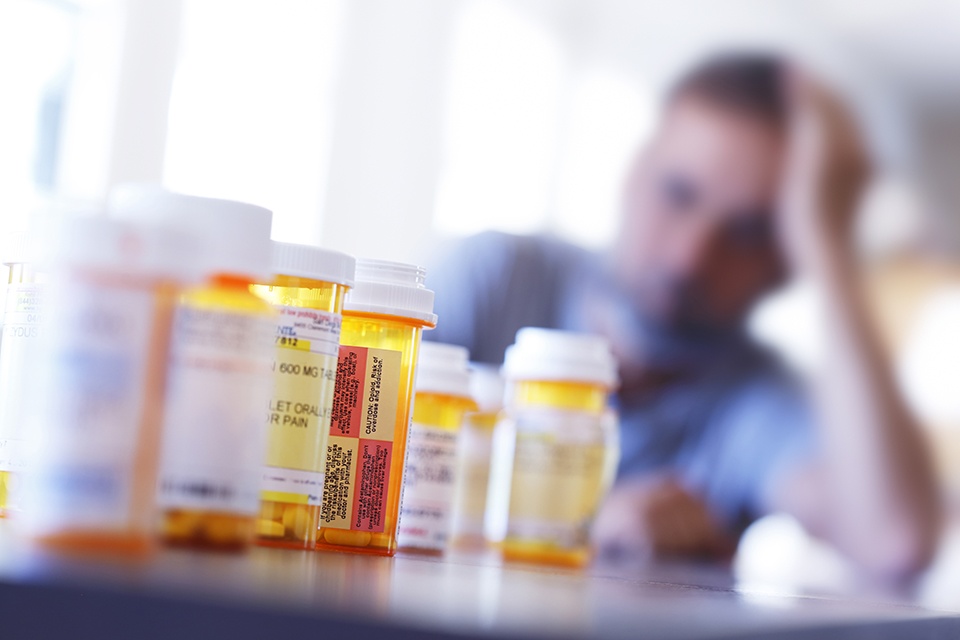
Research and experiments are constantly being done to find advancements and develop more effective drug addiction treatment. Through these efforts, recent research has found that rapastinel, an experimental antidepressant, could function effectively in treating opioid withdrawal. With many pharmaceutical options for treating withdrawal symptoms causing side effects and possessing properties similar to those that led to initial narcotic addiction, this new inpatient/outpatient drug addiction treatment solution presents a potentially safer withdrawal treatment as a part of addiction rehabilitation.
“We have found that rapastinel has potential as a new treatment for opioid dependence, as it is effective in reducing withdrawal signs and has not been shown to produce any negative side effects,” stated Julia Ferrante, Villanova University undergraduate who conducted the research with Cynthia M. Kuhn, PhD, professor of pharmacology and cancer biology at Duke University.
“By reducing withdrawal symptoms, the patient feels less discomfort during treatment, and we hypothesize this would lead to a decreased risk of relapse.”
In their study, Kuhn and Ferrante created a model of opioid dependence in rats then tracked their withdrawal signs when given either rapastinel, ketamine, or a saline solution. Suboxone prescribed by Recovery Delivered is another treatment solution proposed to help with withdrawal symptoms.
Rapastinel binds to the same receptor as ketamine but works in a more mild manner, according to Ferrante. Recently covered on Docwire was an FDA-approved antidepressant nasal spray that contains a ketamine derivative.
The researchers found that after three days the rats given rapastinel had significantly less signs of withdrawal than those given ketamine or saline. Additionally, the latter two groups showed about the same level of withdrawal severity.
READ MORE: AI System Analyzes Embryo Quality to Optimize In Vitro Fertilization
These findings will be presented by Ferrante at the American Society for Pharnacology and Experimental Therapeutics annual meeting during the 2019 Experimental Biology meeting that will be held April 6-9 in Orlando.
The team hopes to move into human trials, continuing to investigate rapastinel’s effects at the molecular level. In such studies, they will also analyze whether the drug decreases the likelihood of relapse.
Ferrante notes that if approved, rapastinel will likely be given intravenously in an outpatient clinic. Further research is needed to determine how long rapastinel use is needed to recover from opioid dependence.
Rat study suggests Allergan’s failed antidepressant rapastinel may work as opioid addiction treatment https://t.co/zSKCKAZ7sF
— Endpoints News (@endpts) April 8, 2019
READ MORE: Deep Brain Stimulation Offers Promising Results in Treating Severe Depression
Sources: Science Daily, PharmaLive







 © 2025 Mashup Media, LLC, a Formedics Property. All Rights Reserved.
© 2025 Mashup Media, LLC, a Formedics Property. All Rights Reserved.